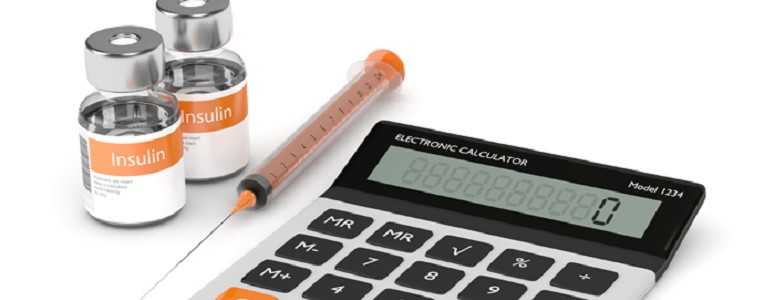A new study suggests that adults with type 1 diabetes may be setting their total basal insulin dose (TBD) higher than required if and when trying to achieve HbA1c levels of 7% (58 mmol/mol) or less.
The findings indicate that they may benefit from lowering TBD down to 30 per cent of their total daily insulin dose (TDD) and that the latter should also factor in bodyweight.
Fine-tuning insulin needs accordingly could help people with type 1 diabetes improve their HbA1c levels and lower their risks for complications like eye and kidney disease.
Japanese researchers from Gunma University Graduate School of Medicine conducted the study on 92 adults with type 1 diabetes trying to achieve an HbA1c of 7.5% or less.
When comparing well-controlled participants with those aiming for the above target HbA1c, researchers noticed differences in their insulin dosing requirements.
Specifically, the amount of TBD to TDD was set much lower in the well-controlled group and was, according to the researchers’ estimations, equal to around 30 per cent of TDD.
These observations are in line with reports from a similar study ran in 2011, which suggested that TBD requirements should be revised downwards on a case-by-case basis.
The second important takeaway of the study is that TDD and, to a larger extent, optimal blood glucose control was greatly influenced by variations in body weight.
Although the study is of small size, the results suggest that better blood glucose control may, in part, rely upon finding the right TBD to TDD ratio, which may need to be reduced in some people with type 1 diabetes.
The findings support the view of the DAFNE course, which also states that many people take too high levels of basal insulin. DAFNE advises that most people with type 1 diabetes will benefit from 24 units of TBD per day.
Note that insulin requirements need to be individualised. If you have questions about whether your basal insulin dose is set up correctly, it is best to speak to your diabetes team before making any changes.
What's new on the forum? ⭐️
Get our free newsletters
Stay up to date with the latest news, research and breakthroughs.








